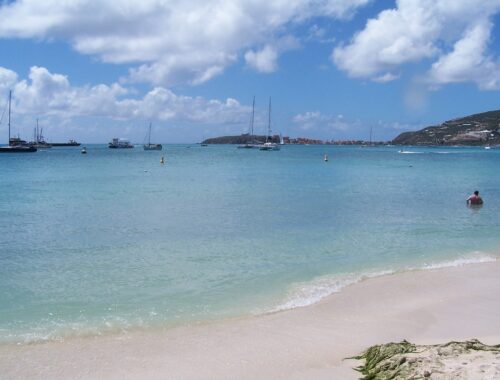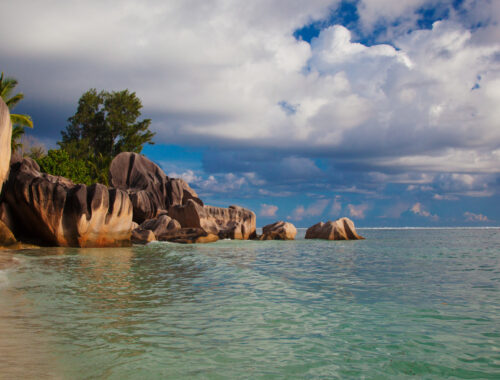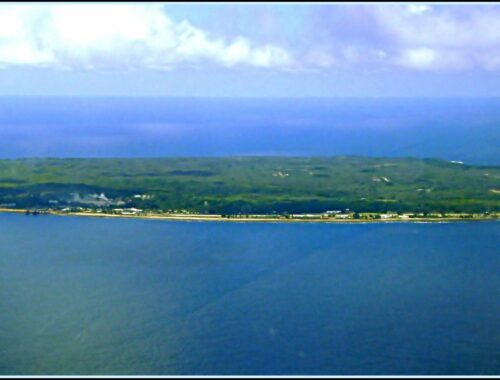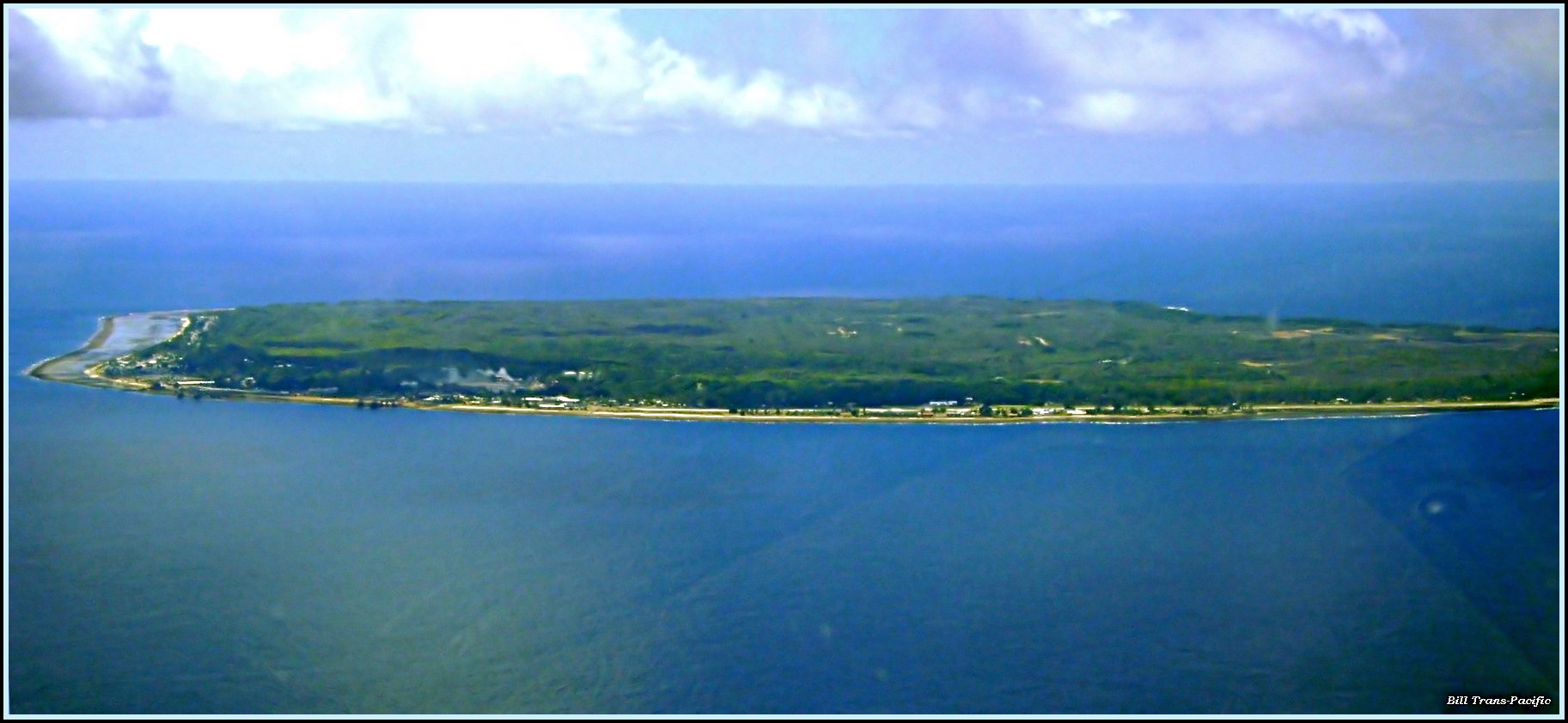St. Martin, a Caribbean treasure, captivates visitors with its stunning coastline and unique dual-nation charm. Divided into the French side (Saint-Martin) and the Dutch side (Sint Maarten), this small island offers diverse cultural experiences paired with some of the most breathtaking beaches in the world. Whether you’re seeking lively beach bars, family-friendly shores, or secluded escapes, St. Martin has it all.
This guide explores the top beaches in St. Martin, highlighting what makes each one special and helping you plan your ultimate tropical getaway. Continue Reading
The Seychelles, an archipelago of 115 islands scattered across the Indian Ocean, is synonymous with paradise. With its pristine white-sand beaches, sparkling turquoise waters, and iconic granite formations, Seychelles is a dream destination for travelers seeking both relaxation and adventure. This guide will take you on a journey through some of the most captivating beaches in the Seychelles, catering to every type of traveler, from sun-seekers to thrill enthusiasts. Continue Reading
Nestled in the Pacific Ocean, Nauru is a small island nation with a long history. Despite its modest size, it boasts a unique cultural heritage and stunning natural beauty. However, getting to Nauru can be a bit of a puzzle due to its remote location.
This article serves as your compass, guiding you through the intricacies of reaching Nauru in 2024. Whether you’re an intrepid explorer seeking adventure or a curious traveler eager to uncover hidden gems, this guide will provide essential insights to make your journey smoother. Continue Reading
Nestled in the heart of Bolivia lies a notorious stretch of roadway, the Yungas Road, once hailed as the world’s most treacherous path. Its reputation precedes it, a legacy built upon tales of perilous twists, harrowing drops, and frequent accidents. For decades, this road snaking through the Yungas region has struck fear into the hearts of travelers.
Originally carved into the mountains during the 1930s, the Yungas Road served as a vital lifeline between La Paz, Bolivia’s administrative capital, and the tropical lowlands. Its construction, though a marvel of engineering, came at a cost – claiming countless lives due to its narrow lanes, steep cliffs, and unpredictable weather conditions. Continue Reading









